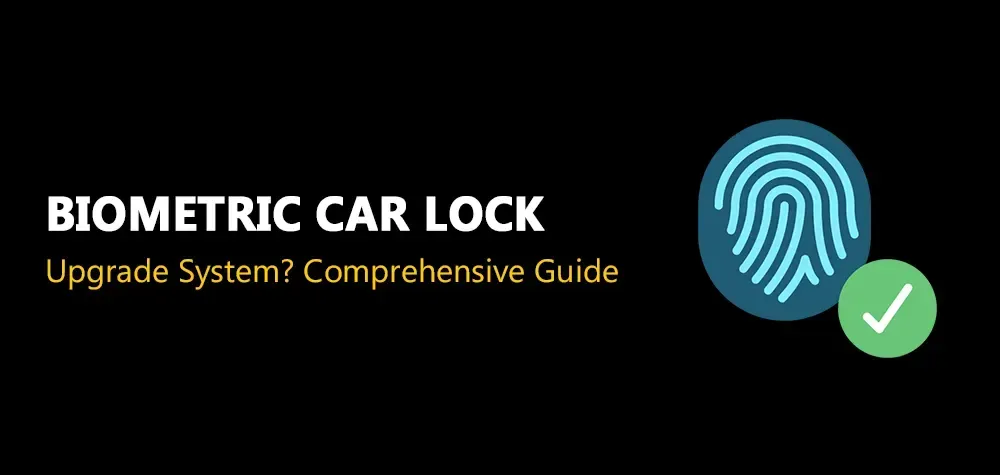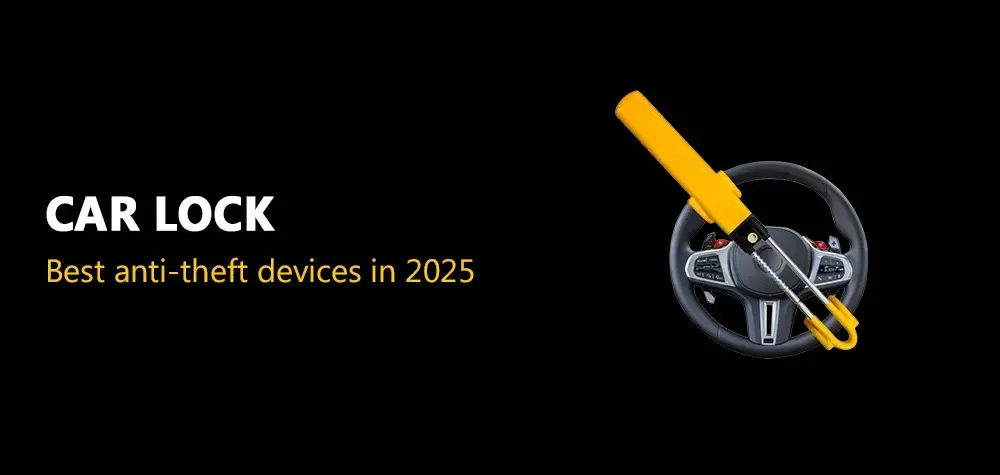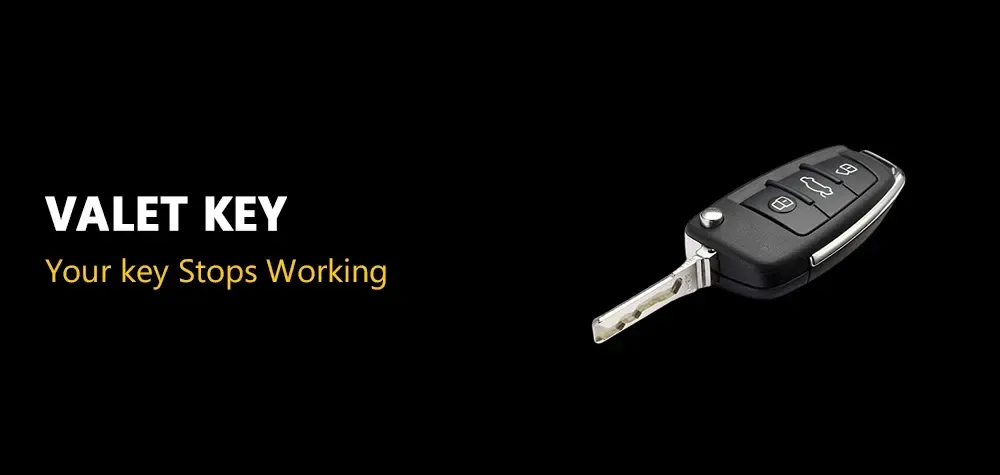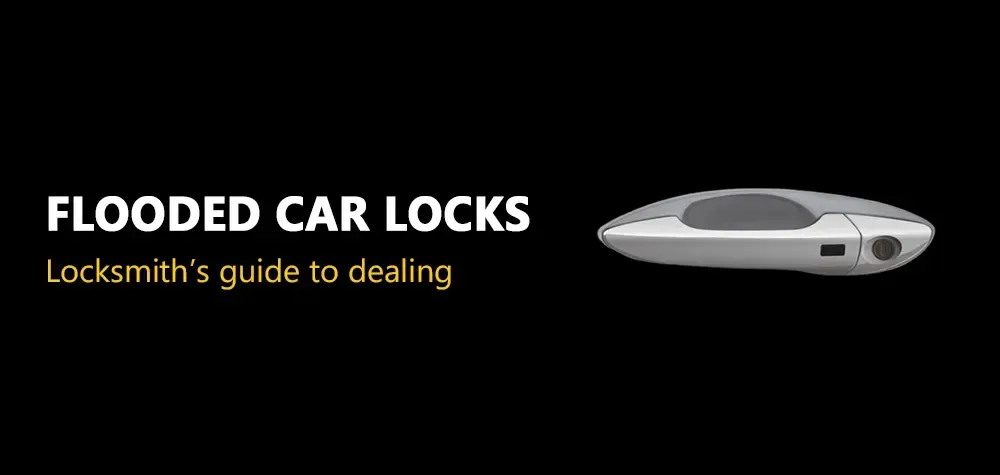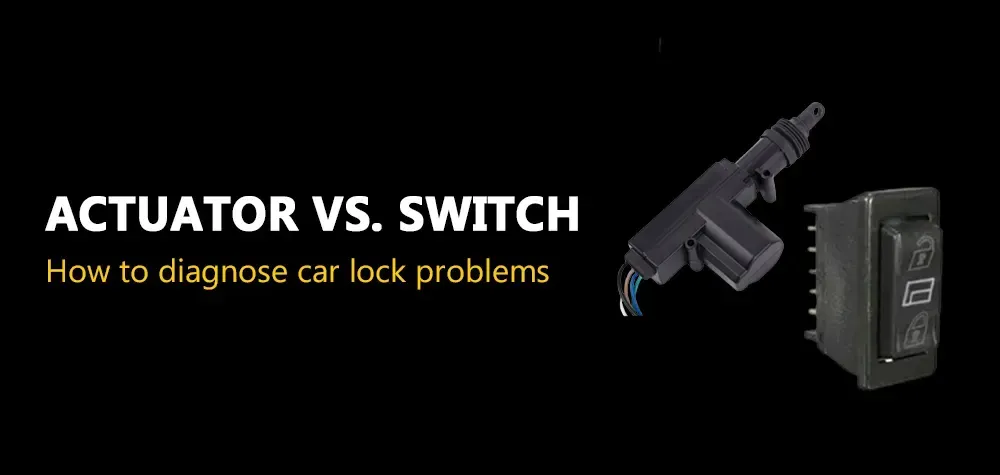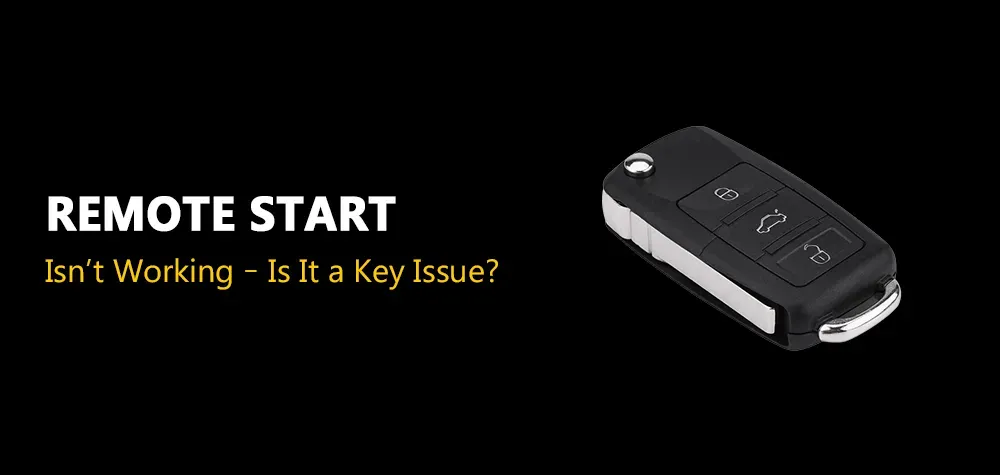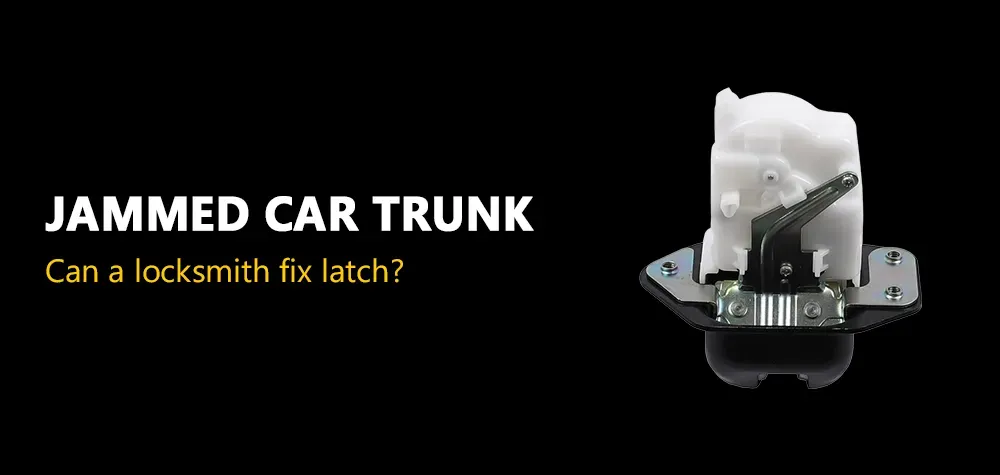Role of doors in home security
Role of doors in home security
In today's world, where security is a top priority for homeowners, the role of doors in ensuring the safety of our homes cannot be overstated. As the primary barrier between the outside world and our personal sanctuaries, doors serve as the first line of defense against intruders, burglars, and other security threats. In this blog post, we will explore the critical role that doors play in home security and the various factors that contribute to their effectiveness in keeping our homes safe and secure.
When it comes to home security, we often focus on advanced alarm systems, surveillance cameras, and other high-tech solutions. However, we must not overlook the fundamental importance of having secure doors in place. From sturdy frames and solid cores to quality locks and durable hinges, every aspect of a door contributes to its ability to withstand potential threats and keep unwanted intruders at bay. Join us as we delve into the components of secure doors, the types of locks available, and the importance of proper installation and maintenance in ensuring maximum security for your home.
Read more about Right interior door locks for security needs!
Importance of Secure Doors
Ensuring Physical Security
Secure doors serve as the first line of defense against unauthorized entry into homes. They act as a physical barrier that deters intruders and burglars, preventing them from gaining easy access to the property. By investing in secure doors equipped with robust locking mechanisms and sturdy frames, homeowners can significantly reduce the risk of break-ins and thefts.
Providing Peace of Mind
Knowing that their homes are protected by secure doors gives homeowners peace of mind. They can rest assured that their families and belongings are safe and secure, even when they are away from home. This sense of security allows homeowners to go about their daily lives without constantly worrying about the possibility of unauthorized access or security breaches.
Enhancing Privacy
In addition to keeping intruders out, secure doors also help to maintain privacy within the home. By preventing unwanted individuals from gaining entry, secure doors enable homeowners to enjoy their personal space without the fear of being observed or disturbed. This privacy is especially important for areas such as bedrooms and bathrooms, where individuals expect and deserve a high level of privacy and security.
Read more about Guide to business security camera!
Components of Secure Doors
Sturdy Frames
Secure doors are typically installed within sturdy frames made of materials like steel or reinforced wood. These frames provide structural support and stability, ensuring that the door remains firmly in place and cannot be easily forced open.
Solid Cores
The core of a door refers to the inner material between the door skins or panels. Secure doors feature solid cores made of materials like wood, metal, or composite materials. These solid cores add weight and density to the door, making it more resistant to impacts and attempts to break through.
Quality Locks
Secure doors are equipped with high-quality locks that provide reliable security. This includes deadbolts, latch bolts, or electronic locks with advanced security features. Additionally, secure doors may have multiple locking points or reinforced strike plates to further enhance security.
Durable Hinges
Hinges are crucial components of secure doors as they allow the door to swing open and closed smoothly. Secure doors feature durable hinges made of materials like steel or brass, ensuring that they can withstand frequent use and attempts to tamper with them. Additionally, hinges may be installed with security pins or hinges with non-removable pins to prevent them from being easily removed or tampered with.
Types of Door Locks
Deadbolt Locks
Deadbolt locks are one of the most common and effective types of locks used to secure entry doors. They consist of a solid metal bolt that extends into the door jamb and strike plate when locked, providing strong resistance against forced entry attempts. Deadbolt locks come in various configurations, including single-cylinder, double-cylinder, and lockable thumbturn, offering different levels of security and convenience. Single-cylinder deadbolts can be operated from the inside with a thumbturn and from the outside with a key, while double-cylinder deadbolts require a key for operation from both sides, providing enhanced security but requiring careful consideration for emergency egress.
Read more about Deadbolt Locks!
Smart Locks
Smart locks are a modern solution for door security that offers convenience and advanced features. These locks can be controlled remotely using a smartphone app, allowing users to lock or unlock their doors from anywhere with an internet connection. Smart locks often support keyless entry methods such as PIN codes, keycards, or biometric authentication like fingerprints or facial recognition. They also provide activity logs, tamper alerts, and integration with home automation systems, enhancing security and convenience for homeowners.
Keyed Entry Locks
Keyed entry locks, also known as traditional or mechanical locks, are a simple and reliable option for securing residential doors. They operate using a standard key cylinder, requiring a physical key to lock or unlock the door from the outside. Keyed entry locks are available in various styles and designs, including knob locks, lever locks, and handlesets, offering flexibility to match different architectural styles and personal preferences. While not as technologically advanced as smart locks, keyed entry locks provide effective security for residential properties and are easy to install and maintain.
Door Material and Construction
Steel Doors
Steel doors are renowned for their exceptional strength and durability, making them an ideal choice for enhancing home security. These doors feature a solid steel core and outer layer, providing robust resistance against forced entry attempts. Steel doors are highly resistant to impacts, making them difficult to break or kick in. Additionally, steel doors are fire-resistant and offer excellent insulation properties, contributing to overall home safety and energy efficiency.
Solid Wood Doors
Solid wood doors are prized for their timeless beauty and inherent security benefits. Crafted from high-quality hardwoods such as oak, mahogany, or cherry, these doors exude elegance while providing reliable protection against intruders. Solid wood doors feature a thick, solid core that adds weight and density, making them difficult to breach. With proper maintenance and upkeep, solid wood doors can last for decades, maintaining their structural integrity and aesthetic appeal.
Fiberglass Doors
Fiberglass doors offer a winning combination of durability, low maintenance, and energy efficiency, making them a popular choice for homeowners seeking enhanced security. These doors are constructed from fiberglass-reinforced composite materials, providing strength and resilience against harsh weather conditions and potential intruders. Fiberglass doors are resistant to warping, rotting, and denting, ensuring long-lasting performance with minimal upkeep required. Additionally, fiberglass doors can be customized to mimic the appearance of wood grain, offering the beauty of wood without the drawbacks.
Door Reinforcement Techniques
Door jambs and strike plates play a crucial role in reinforcing the security of exterior doors. Reinforced door jambs are designed to withstand brute force attacks and prevent intruders from prying the door open. Heavy-duty strike plates with longer screws provide added strength and stability, anchoring the door securely to the door frame. Security bars and grilles offer an extra layer of protection by reinforcing vulnerable entry points such as windows and glass doors, deterring potential intruders and enhancing overall home security.
Door Reinforcement Techniques
Door Jambs and Strike Plates
Door jambs and strike plates are critical components of door reinforcement, providing additional strength to the locking mechanism and preventing forced entry. Reinforced door jambs are designed to withstand brute force attacks, such as kicking or prying, by distributing the impact force across a wider area. This helps to prevent the door from being forced open even under significant pressure. High-quality strike plates, typically made of heavy-duty metal, are installed on the door frame opposite the lock mechanism. These plates feature longer screws that penetrate deep into the door frame, anchoring the strike plate securely and creating a stronger connection between the door and the frame. This reinforcement minimizes the risk of the door being forced open by strengthening the area where the lock engages with the frame.
Security Bars and Grilles
Security bars and grilles provide an additional layer of protection for doors and windows, especially in vulnerable areas such as basements, ground-level windows, or sliding glass doors. These bars and grilles are typically made of sturdy metal and are installed on the interior or exterior of the door or window frame. They act as physical barriers, preventing unauthorized access and deterring potential intruders. Security bars are often adjustable, allowing homeowners to control their operation and provide ventilation while maintaining security. Similarly, security grilles can be installed over windows or glass doors to reinforce them against forced entry attempts. These reinforcements are highly effective in preventing break-ins and enhancing overall home security.
Proper Installation and Maintenance
Proper Installation
Ensuring that doors are correctly installed is essential for maximizing their security capabilities. Improperly installed doors may have gaps or weak points that can be exploited by intruders. During installation, it's crucial to use high-quality hardware and follow manufacturer guidelines to achieve optimal security. This includes properly aligning the door within the frame, securely attaching hinges and locksets, and reinforcing the surrounding structure as needed. Hiring a professional installer can help ensure that doors are installed correctly and provide added peace of mind.
Regular Maintenance
Regular maintenance is key to keeping doors in optimal condition and maintaining their security features over time. This includes inspecting doors and hardware for signs of wear or damage, such as loose hinges, worn-out locks, or deteriorating frames. Any issues should be addressed promptly to prevent security vulnerabilities. Additionally, lubricating hinges and lock mechanisms, cleaning door surfaces, and repainting or refinishing as needed can help prolong the lifespan of doors and enhance their security. By staying vigilant with maintenance tasks, homeowners can ensure that their doors continue to provide reliable protection against intruders.
Conclusion
In conclusion, doors play a critical role in home security by serving as the first line of defense against intruders. Secure doors are essential for safeguarding homes and providing peace of mind to occupants. By understanding the components of secure doors, choosing the right locks and materials, implementing reinforcement techniques, and ensuring proper installation and maintenance, homeowners can significantly enhance the security of their properties. Investing in high-quality doors and taking proactive measures to strengthen them can help deter burglars and protect against forced entry attempts. With the right approach to door security, homeowners can create a safer and more secure living environment for themselves and their families.
Call Us Any Time!
